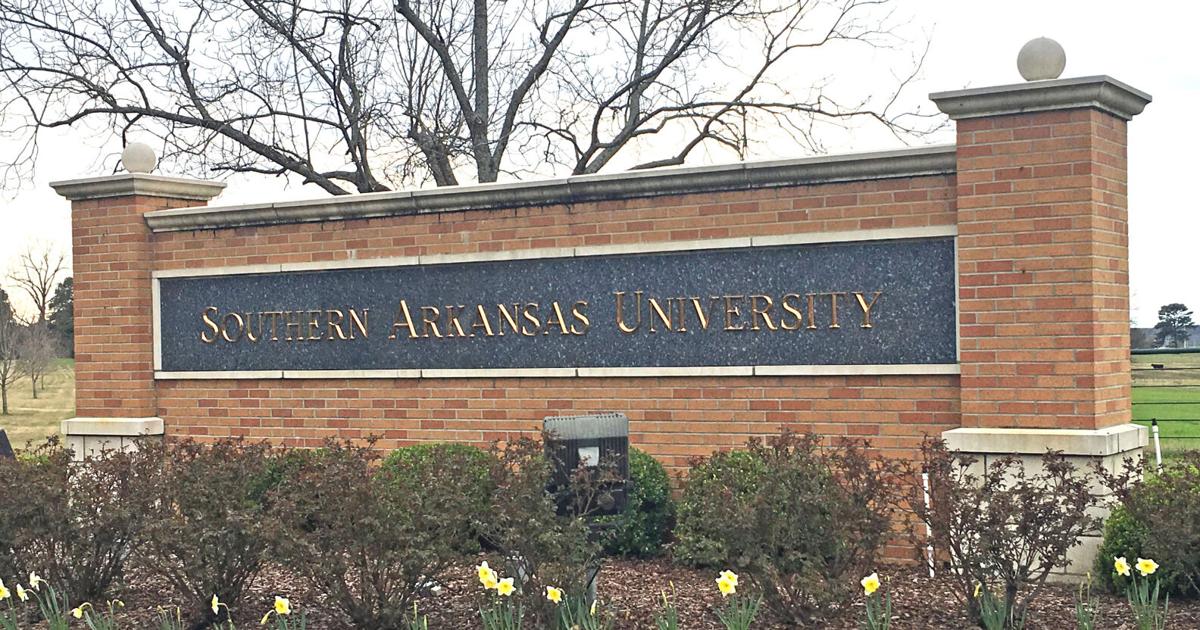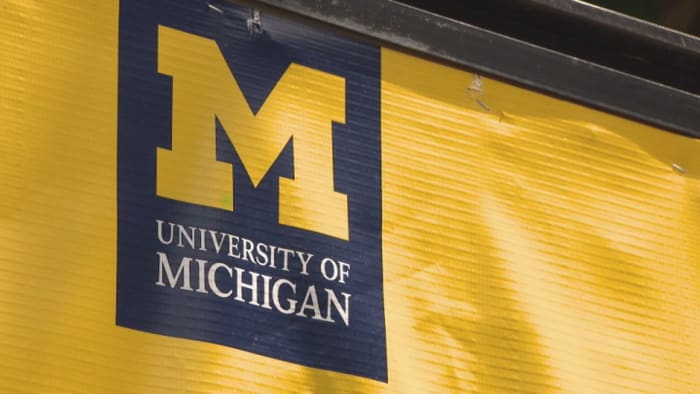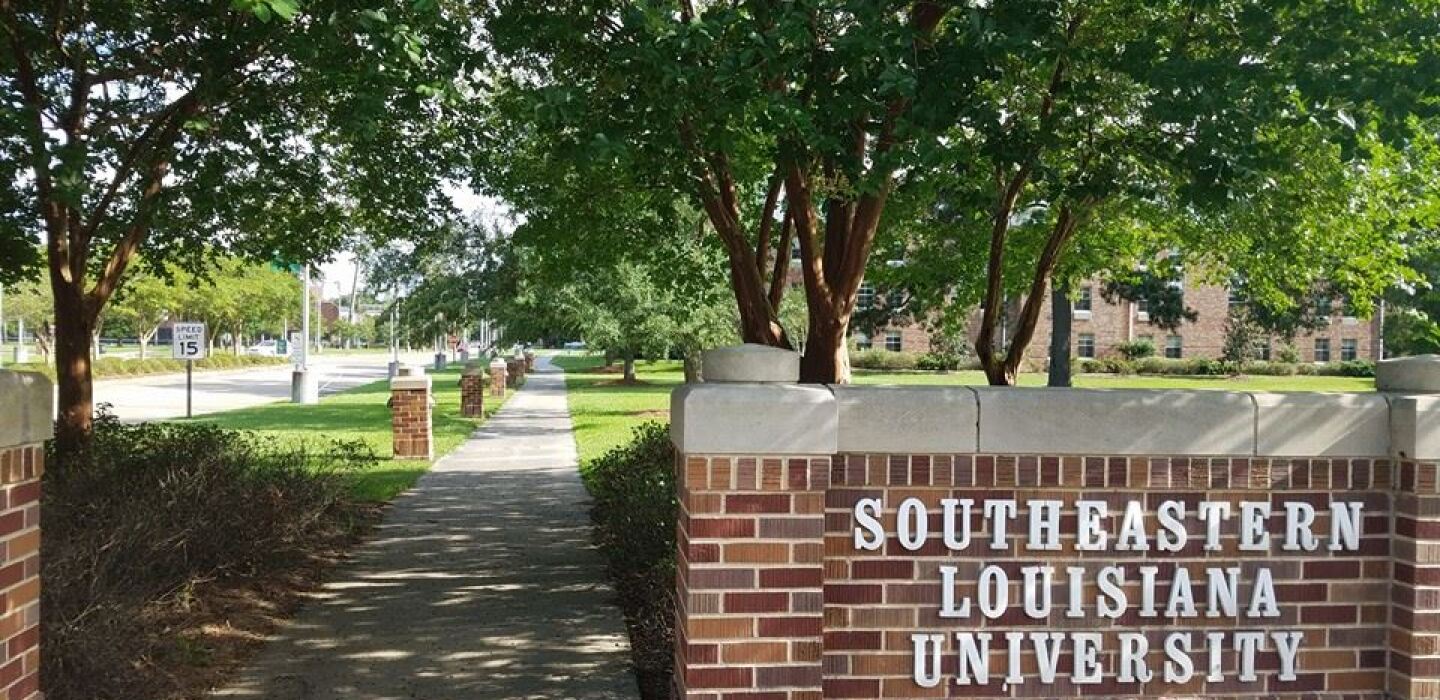Hack disrupts Southern Arkansas University communications | Colleges & Universities
Southern Arkansas University is recovering from an attack against its computer servers.
A statement said SAU is responding to a security incident that disrupted access to university systems and applications.
“While access to some systems remain offline, access to faculty, staff, and student email and the Blackboard learning management system are operational.
“SAU is working with independent forensic specialists to investigate the situation and will take all appropriate actions in response to its findings,” the statement said.
“We have notified law enforcement and will continue to actively monitor our networks and take appropriate actions to protect our systems in line with our incident response protocols,” the statement said.



